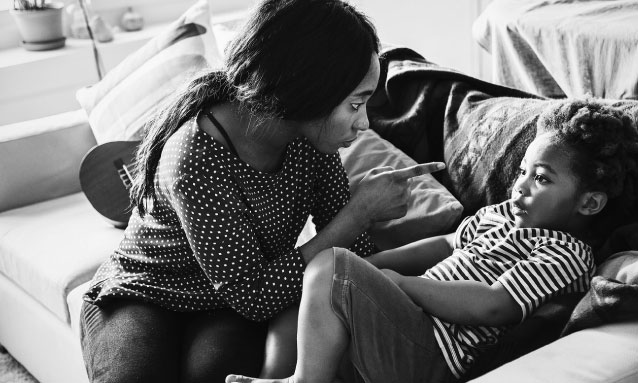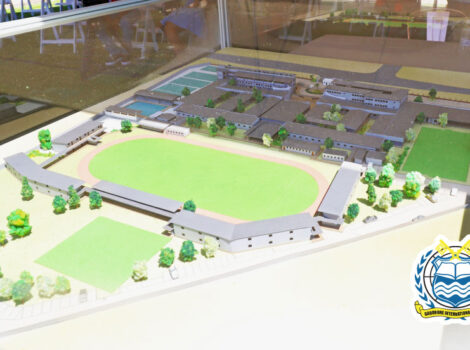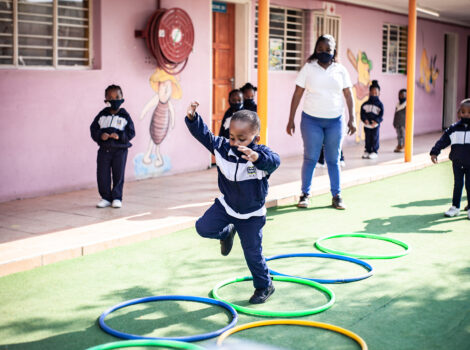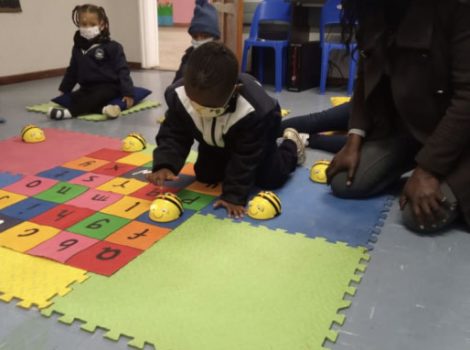
Meltdowns can cause misery for a child and everyone around them. The good news is that adults can take charge and get support to manage aggressive behaviour effectively without it being shaming.
Taming the anger monster in your children is a process, often like a marathon and definitely not a sprint to the line. Whether children hit or bite because they are angry or for reasons you just don’t understand, aggressive behaviour can be a normal part of a child’s development, especially between the ages of three and nine.
Sometimes toddlers are aggressive because they lack the verbal skills to get their needs across. A child who cannot say, “Don’t do that,” when their sibling takes a toy out of their hands may hit or bite to express their disapproval.
If children have a tendency towards this kind of aggressive behaviour, it’s up to you to help them develop judgement, self-discipline and the ability to express their feeling in appropriate ways. The good news is that just as aggressiveness can be learnt, so can calmness. We can follow and reinforce some very basic strategies to help educators and parents develop the ability within our children to stay and become calm from a very young age.
Lead by example
Children need someone to look up to and learn from. Parents’ primary role is to lead by example, modelling the kind of behaviour that you would like your child to adopt. A value system is important.
Let your child continue being a child
A toddler is all about testing boundaries. This is the way they explore and come into their own. However, when your children are throwing tantrums or exhibiting other destructive behaviour, it is easy to forget that you are dealing with children, and that they don’t have the wisdom to model good behaviour. Therefore, allow yourself a moment and your child to be a child. However, explain to them why their reactions are not appropriate and inform them of the alternative.
Teaching your children to acknowledge early warning signs of aggressiveness
Developing an awareness of early warning signs in a child is vital to success in this process of taming anger. Explain that we all have these little signs that tell us we are fast becoming angry, like maybe talking louder, getting flushed or clenching the fists. There are different signs for different people. Making your child aware will teach them to recognise them and act accordingly.
Teach your children to rethink their emotion
Parents can start by helping children understand how their emotions work. Help children to label their feelings from an early age in life and how to manage the big waves that flood them from time to time, both in anger and in joy.
Age-appropriate techniques to tame anger
Kids need to know appropriate ways to deal with their anger. Instead of telling them, “Don’t hit your brother,” explain what they can do when they feel frustrated. Say, “Next time, use your words” or “Walk away from him when you feel angry.”
Praise nonaggressive behaviour
Reduce your child’s aggression by setting expectations for appropriate behaviour, providing clear and consistent consequences, and praising nonaggressive behaviours.
Have consequences for misbehaviour
As much as possible, parents are encouraged to stay consistent in discipline. If your child is aggressive toward another child, provide immediate consequences. Eventually the child will associate the negative consequence with the aggression.
Minimising aggressive behaviour : a few techniques
- Keeping your cool
- Minimising “high risk” situations
- Avoiding negotiation (don’t argue or explain too much)
- Helping your child-problem solve solutions in conflict situations
- Expressing and having open communication, telling them why it is not suitable to use bad language, but rather, positive language
- Rewarding good behaviour
- Making your expectations for behaviour clear
Parenting childhood aggression is protecting them from any physical trauma and considering their mental and psychological well-being. If your child has frequent or daily outbursts for several days or weeks, causing physical injury to himself or others or is being sent home by friends or the school, contact your paediatrician immediately. Other than that, parenting childhood aggression is part of the developmental process, and most children can learn how to manage their anger and frustration. It may require a little patience from you, but in the end, it will be all worth it!
Article by Vimbai Chibatwa
(Deputy Principal – Gaborone International School Preschool)



